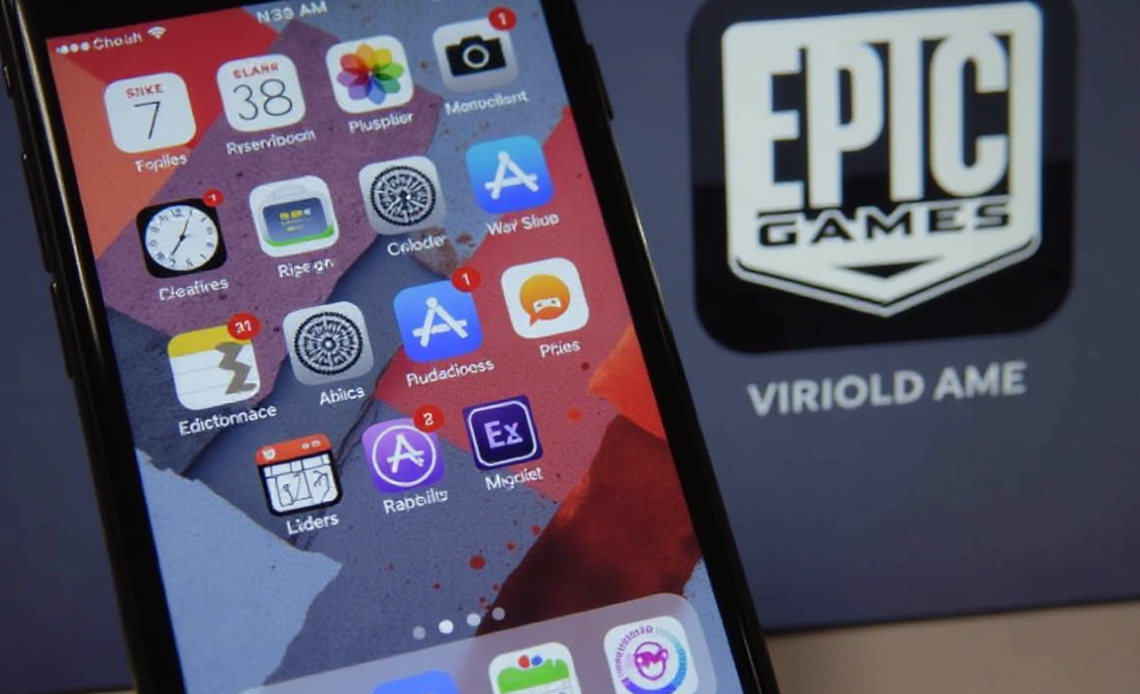
An Australian federal court has ruled that Apple and Google’s smartphone app stores lack safeguards against anti-competitive behaviour, marking a partial legal victory for Epic Games in its long-running dispute with the tech giants.
The case, which has played out in multiple jurisdictions worldwide, centres on Epic’s claims that the companies’ download fees are excessively high and that their policies prevent users from accessing alternative app stores.
While the judgment spans more than 2,000 pages and has not yet been publicly released, a judge’s summary reveals that Apple and Google were not found to have intentionally breached the law.
Court finds lack of competition safeguards in app stores
The ruling follows years of litigation between the US-based Fortnite creator, backed by Chinese gaming giant Tencent, and two of the world’s largest smartphone platform providers.
According to local media reports, the court concluded that Apple’s App Store and Google’s Play Store operate without protections to prevent anti-competitive practices, giving them substantial control over app distribution and in-app payments.
Epic argued that this control allowed the companies to impose high fees and block rival app stores from reaching users.
In its legal submissions, Epic alleged that such policies reduced market competition and restricted consumer choice in Australia.
Judgment prompts strong responses from Epic, Apple, and Google
Epic Games took to X to announce that the decision would allow the Epic Games Store and Fortnite to return to iOS in Australia.
In its post, the company stated that the ruling confirmed Apple and Google’s use of their dominant market positions to limit competition in app distribution and in-app payments.
The Epic Games Store and Fortnite will come to iOS in Australia! An Australian court just found that Apple and Google abuse their control over app distribution and in-app payments to limit competition. There are 2,000+ pages of findings that we’ll need to dig into to fully
480
Reply
Copy link
Apple, however, highlighted that the court had dismissed some of Epic’s claims, while expressing strong disagreement with parts of the ruling. The company maintained that it operates in a “fiercely competitive” environment across all markets.
Google echoed this sentiment, noting that it welcomed the rejection of certain claims but disagreed with the court’s description of its billing practices and historical partnerships.
The company said these practices were shaped by intense competition in the mobile sector and confirmed it would review the full judgment before deciding on its next steps.
Broader implications for app market regulation
The Australian decision adds to a series of legal and regulatory challenges facing Apple and Google over their app store operations globally.
The case is part of a wider debate on the control that major tech companies exert over app ecosystems and the fees they charge developers.
While the court did not find deliberate breaches of competition law, its recognition of insufficient safeguards against anti-competitive behaviour could prompt closer scrutiny of app market rules in Australia and elsewhere.
For Epic Games, the ruling opens the door to expanding its own app distribution channels within the country, potentially challenging the current dominance of Apple and Google in the mobile app economy.
The post Australian court rules Apple, Google app stores uncompetitive in partial win for Epic Games appeared first on Invezz






